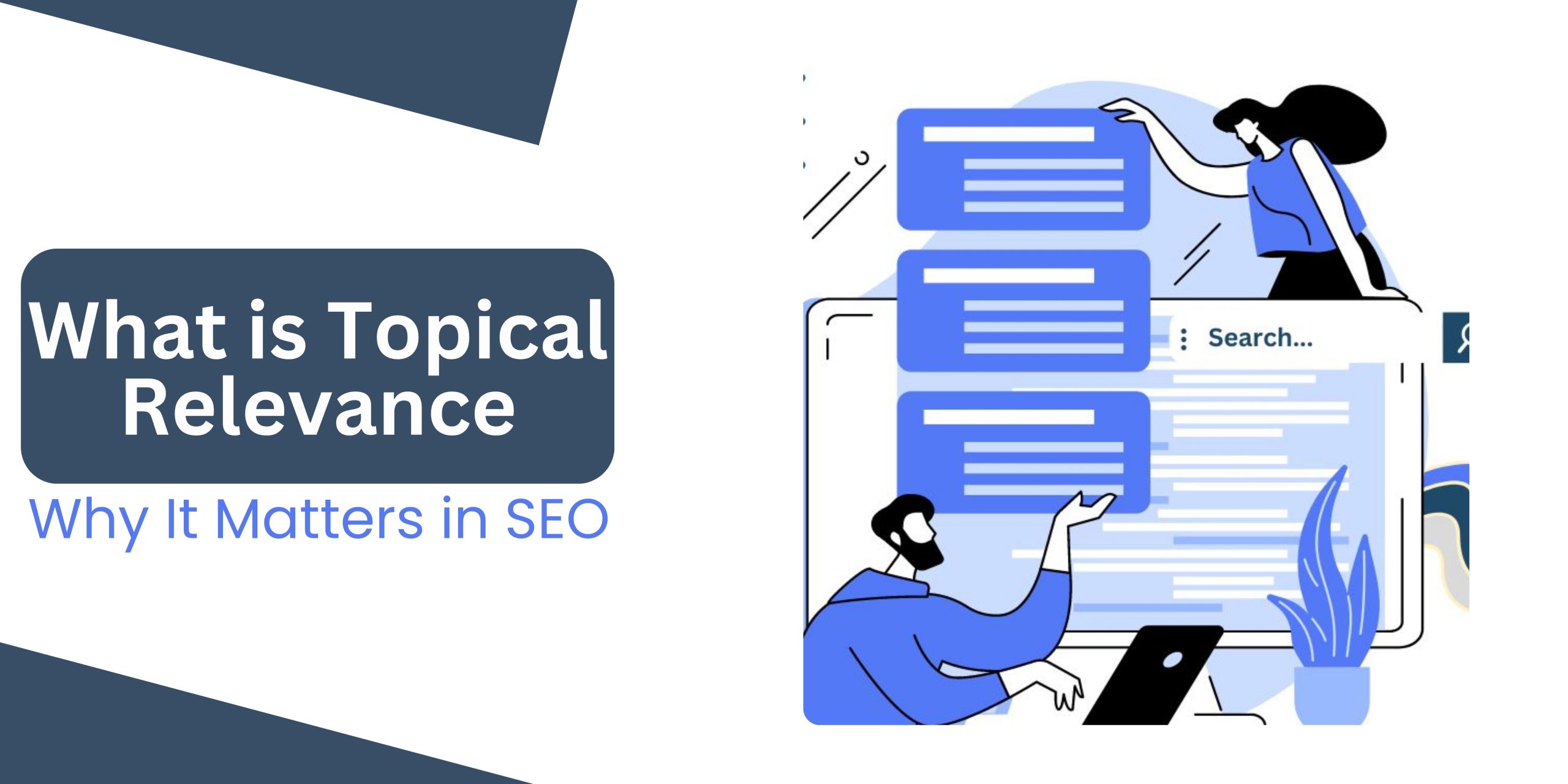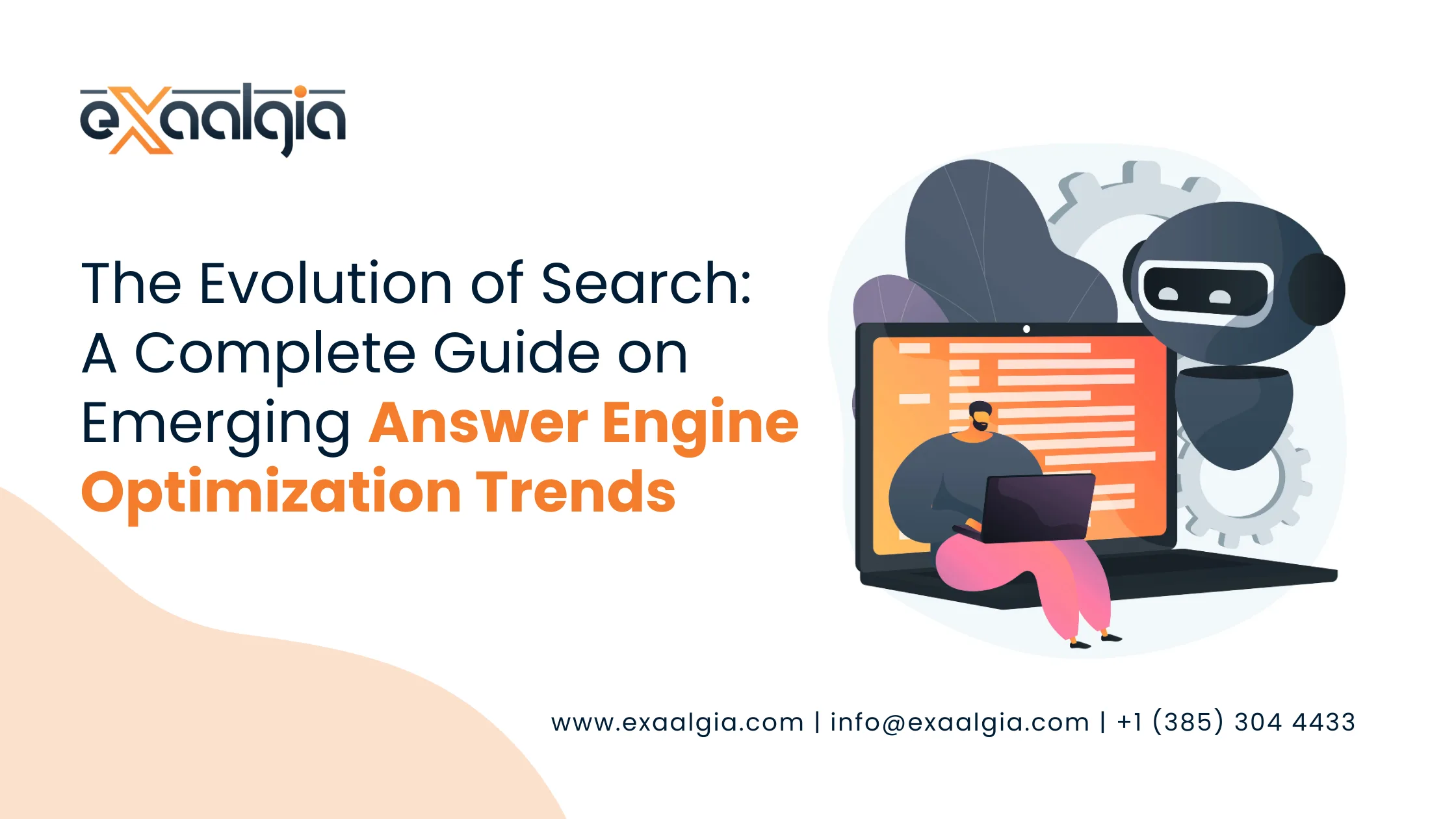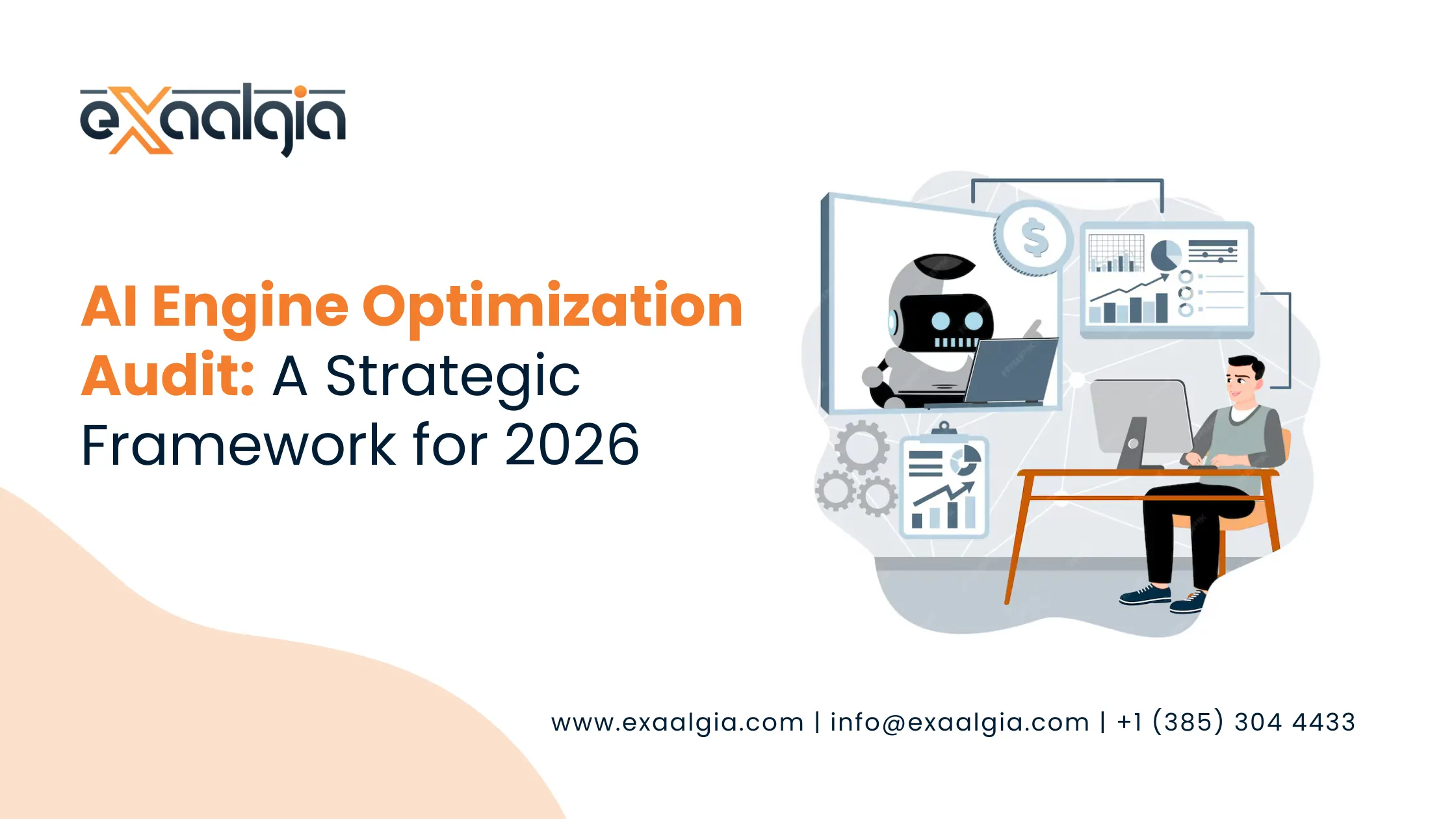Never heard what topical relevance is and how this will help you in SEO? This blog post is for you. We’ve discussed its meaning, importance, and common mistakes to avoid while integrating it into your website. Keep reading further to learn more.
What is Topical Relevance?
After in-depth research, creating content for a website around a specific topic that users will search for is referred to as topical relevance. It is all about aligning your website content with the terms your target audience may want to search about. Not like traditional keyword stuffing, it’s more about overall context.
Topical relevance gives a better opportunity for your website to rank on top pages. Additionally, it is taken as more authoritative by search engines. Search engines like Google constantly change their algorithms, however, Google values the content with higher measurability of topical relevance.
The Importance of Topical Relevance in SEO
Mentioned below are some of the reasons why topical relevance is important in SEO:
- Improved Search Ranking – We all know what Google’s aim is. It organizes the world’s information and offers related matching pages to the users wholly based on the query they search for. Who doesn’t want to be on top? Here, topical relevance content will help you in ranking. It gives a better ranking on search engines like Google.
- Enhanced User Experience – When users search for a query, they expect high-quality and informative content that answers their queries. Topically relevant content fulfills users’ demands and it helps in creating a better user experience. If visitors find what they are looking for, they will be on the page for a longer time, which reduces bounce rates and increases engagement.
- Build Authority and Trust – If you are consistently creating content for your customers that very well aligns with your business makes your website authoritative. If the content is optimized with topical relevance, it increases organic traffic which helps in building trust with your audience.
- Long-Term Success – Content having topical relevance is more likely to be useful, informative, and relevant to your customer. It will be present on Google for a longer time, even if the algorithms are changing. All these factors lead to sustainable traffic and long-term success.
How do you build topical relevance?
Building a topical relevance for your content requires a strategic approach. Here is how you build it:
Research Relevant Keywords – Keywords are the terms that are more likely to be searched by many. By using tools like Google Keyword Planner, SEMrush, or Ahrefs one can identify primary keywords for your topic. Brands can also study competitors’ keyword strategies and identify if any gaps can be filled by them. If searching for keywords, consider long-tail keywords which can you in ranking higher.
Clustering – Provide thorough guides or pillar pages that address all the major aspects of your subject. These ought to act as pillar articles, offering an outline and connecting readers to more in-depth content.
Create Authoritative Content – One should create high-quality content that should be well-analyzed, precise, and useful for the readers. To have this all:
Content should be backed up by credible sources and the information must be latest.
Content must be engaging, understandable, and not have any errors.
Internal Linking – Provide a link from your pillar pages to your cluster pages and vice versa. Internal linking strengthens the topical relevance and explains to search engines the relationship between various content items.
Common Mistakes to Avoid
Inconsistent Content Publishing – If you are publishing content irregularly, it will confuse the audience and search engines too. This inconsistency will make the audience search for other credible sources. Avoid making this mistake, instead make a content calendar highlighting when and how to publish content.
Overlooking On-Page SEO – An optimized SEO page will help it rank higher on the search engines. However, if you are overlooking on-page SEO it will impact your ranking negatively. To avoid this, try including primary keywords in your content.
Not Mobile-Optimized – Half of the traffic on your website is from mobile devices. If your website is not mobile-responsive, it will not favor your brand positively.
Ignoring Internal Linking – One of the key strategies of better SEO is internal linking. If you are ignoring internal links, it hinders search engines from knowing about your brand.
Conclusion
By sticking to all these points while implementing topical relevancy into your content, a brand can easily acquire organic traffic to its website. If you are creating relevant and useful content while keeping in mind that topical relevance will attract more audiences, it will position your website on top search pages. If you are continually altering the latest strategies in your content, your site will improve its authority and build trust.
FAQ
1. What is the difference between topical relevance and keyword relevance?
Keyword relevance is all about how well the words or phrases match up with the queries people search. However, Topical relevance is about how well you create content for an overall concept. Topical relevance will look at the larger picture of your content.
2. What tools can help measure topical relevance?
Several tools can be used to measure topical relevance in your content including Google Trends, SEMrush, SurferSEO, Clearscope, & Buzzsumo.
3. Can focusing too much on keywords harm my topical relevance?
Yes, focusing aggressively on keywords can harm your topical relevance. It may make your content unnatural and sounds meaningless to the audience. This automatically reduces the content quality which will impact negatively on SEO performance.
4. How does internal linking contribute to topical relevance?
Internal linking can organize your content into relevant categories. The anchor text in the internal linking helps Google understand your brand and its subject or topic.
5. What are content clusters, and how do they improve topical relevance?
Content clusters are collections of related websites that revolve around a primary subject. A thorough pillar page connects to in-depth subtopic pages. By arranging content logically, comprehensively covering a subject, improving user navigation, and informing search engines about the breadth and depth of your material, they increase topical relevance.
6. How often should I update my content to maintain topical relevance?
To maintain topical relevance, you must update your content every 6 to 12 months. Any update to your content should be valuable and offer the latest information to the viewers.







